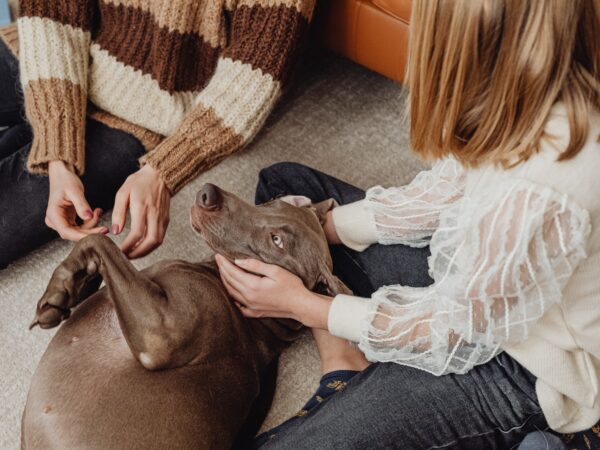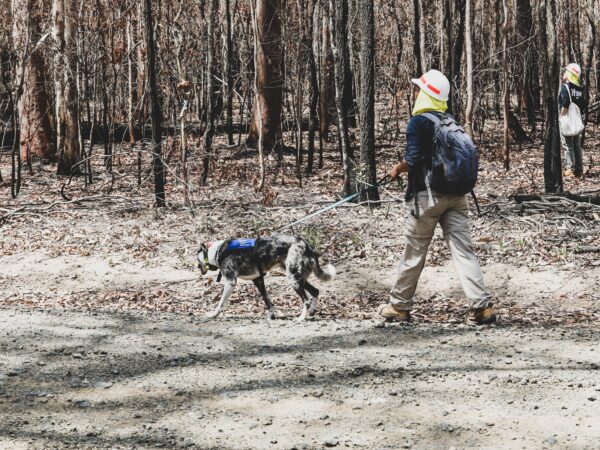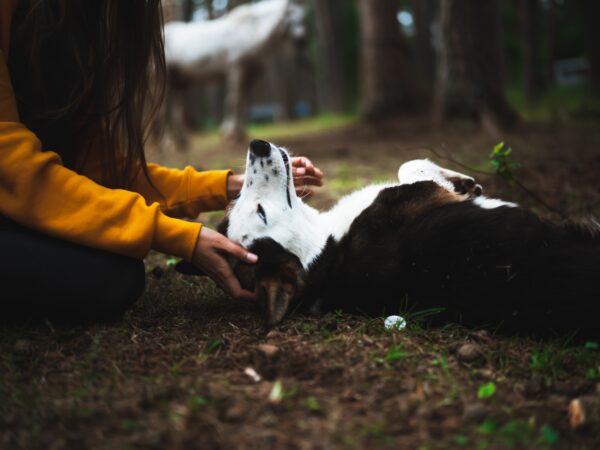Assistance animals have become a significant part of our society today. They provide assistance, comfort, and support to persons with disabilities, chronic illness, and mental health disorders, among others.
These animals are bred, trained, and certified to perform various tasks, depending on the needs of their counterparts.
The most common assistance animals are dogs and cats, but other animals include horses, birds, and monkeys, among others. In this article, we will discuss ten incredible assistance animals that make a real difference in people’s lives.
1. Guide Dogs
Firstly, Guide dogs are arguably the most well-known assistance animals, and for a good reason. These dogs are trained to provide assistance to persons who are blind or visually impaired.
They have excellent communication and navigational skills, enabling them to safely guide their handlers. It can be through traffic, crowded areas, and other obstacles.
Moreover, Guide dogs are loyal, intelligent, and well-trained, making them the perfect companion for persons with visual impairments.
2. Hearing Dogs
Hearing dogs, also known as signal dogs, are trained to assist persons who are deaf or hard of hearing. These dogs are trained to alert their handlers to sounds such as alarms, doorbells, and ringing phones, among others. They are also trained to lead their handlers to the source of the sound. It makes easier for them to react appropriately. Hearing dogs are often small to medium-sized breeds that are highly trainable and have excellent communication skills.
3. Seizure Response Dogs
Seizure response dogs are trained to assist persons with epilepsy or other seizure disorders. These dogs are trained to recognize the signs of an impending seizure. Also, provide their handlers with physical and emotional support during and after the seizure. They are also trained to alert others or call for help in case of an emergency. Seizure response dogs can be any breed or size, but they must have a gentle temperament and be highly trainable.
4. Autism Assistance Dogs
Autism assistance dogs are trained to provide assistance to children and adults with autism spectrum disorder (ASD). These dogs are trained to provide emotional support, help with socialization and communication. They assist with calming techniques during times of distress. They can also help prevent elopement (wandering off) and alert caregivers to potentially dangerous situations. Autism assistance dogs are often medium to large-sized breeds that are friendly, patient, and responsive to their handlers.
5. Medical Alert Dogs
Medical alert dogs are trained to detect changes in their handlers’ bodies and alert them or caregivers to potential health issues. These dogs can detect changes in blood sugar levels, blood pressure, and heart rate, among others. They are often trained to alert their handlers or caregivers by barking, nudging, or pressing an alert button. Moreover, medical alert dogs can be any breed or size but must be highly trainable and responsive to their needs.
6. Psychiatric Service Dogs
Psychiatric service dogs are trained to assist persons with psychiatric disabilities, including anxiety, depression, post-traumatic stress disorder (PTSD), and bipolar disorder, among others. These dogs are trained to provide emotional support, detect and alert to anxiety or panic attacks, interrupt self-harm behavior, and provide grounding and calming techniques. Psychiatric service dogs can be any breed or size, but they must be highly trainable and responsive to their handlers’ needs.
7. Mobility Assistance Dogs
Another type is mobility assistance dogs are trained to assist persons with mobility impairments, including spinal cord injuries, cerebral palsy, and multiple sclerosis, among others. These dogs are trained to support their handlers while walking, climbing stairs, getting up or down from chairs or beds, and picking up dropped items. They are often medium to large-sized breeds that are strong, agile, and well-trained.
8. Diabetic Alert Dogs
Diabetic alert dogs are trained to detect changes in their handlers’ blood sugar levels and alert them or caregivers to potential health issues. These dogs can detect changes in blood sugar levels through their sense of smell and are often trained to alert their handlers or caregivers by barking, nudging, or pressing a button. Diabetic alert dogs can be any breed or size, but they must be highly trainable and responsive to their handlers’ needs.
9. Allergy Alert Dogs
Allergy alert dogs are trained to detect and alert their handlers or caregivers to potential allergens, including peanuts, gluten, and dairy, among others. These dogs are often trained to detect allergens through their sense of smell and can alert their handlers or caregivers by barking, nudging, or pressing a button. Allergy alert dogs can be any breed or size, but they must be highly trainable and responsive to their handlers’ needs.
10. Animal-assisted Therapy Dogs
Animal-assisted therapy dogs are trained to provide emotional support and comfort to persons in hospitals, nursing homes, and schools, among others. These dogs are trained to interact with patients, residents, and students in a gentle and non-threatening manner, helping to reduce stress, anxiety, and depression. Animal-assisted therapy dogs can be any breed or size, but they must be friendly, patient, and well-trained.
Conclusion
Finally, Assistance animals are incredible companions that make a real difference in people’s lives. They provide emotional support, assist with daily tasks, and help persons with disabilities, chronic illness, and mental health disorders to lead independent and fulfilling lives.
However, ten assistance animals mentioned in this article are just a few examples of the many incredible assistance animals that exist today.
So, If you or someone you know would benefit from an assistance animal, consider exploring the different options available and finding the perfect companion to suit your needs.











